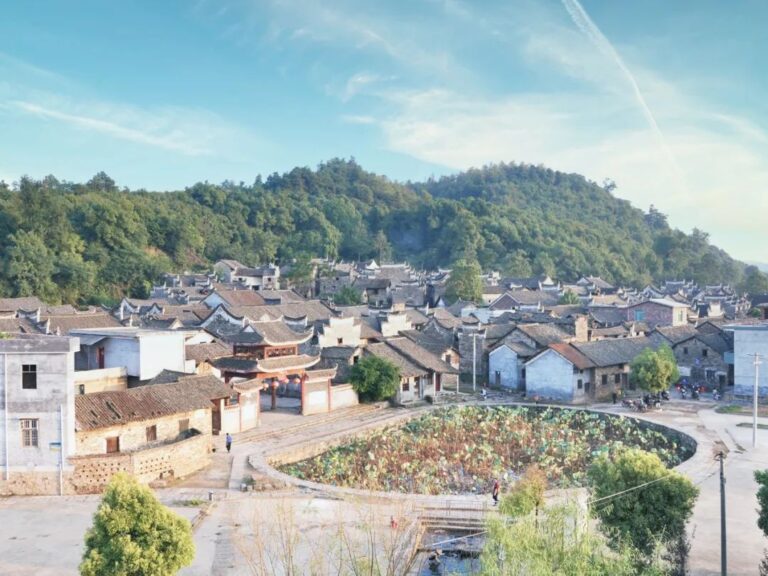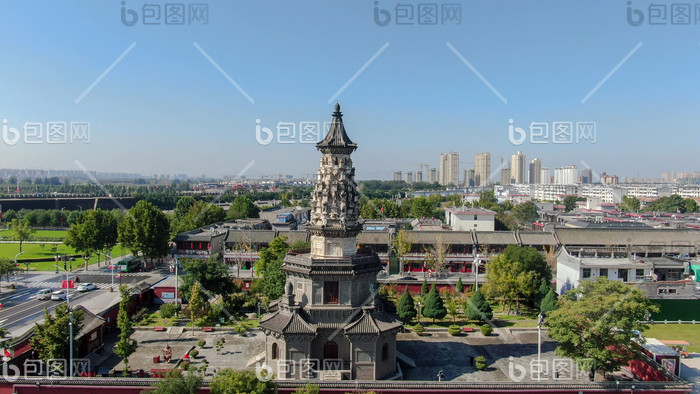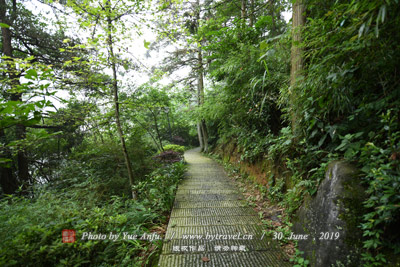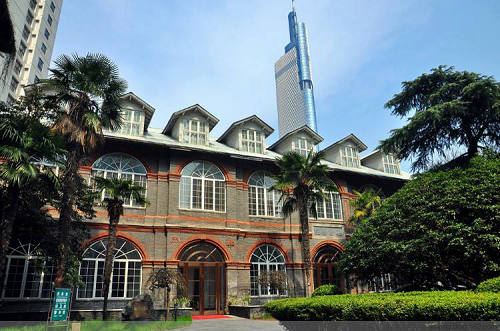The Mystical Allure of Yangquan’s Dawang Temple: A Yuxian Travel Guide
An Essential Guide to Visiting Yangquan Dawang Temple Yuxian
In This Guide
- An Essential Guide to Visiting Yangquan Dawang Temple Yuxian
- The Rich History of Yangquan Dawang Temple Yuxian
- Main Highlights: What to See at Yangquan Dawang Temple Yuxian
- Planning Your Visit: A Practical Guide
- Tickets, Hours, and Booking
- How to Get There
- Local Cuisine and Accommodation
- Frequently Asked Questions
- Final Thoughts on Your Trip
Nestled within the breathtaking landscapes of Shanxi Province, the Dawang Temple in Yuxian County stands as a testament to the region’s rich cultural heritage and historical significance. This ancient temple, dating back to the Jin and Ming dynasties, is not only an architectural marvel but also a spiritual sanctuary that has attracted pilgrims and tourists alike for centuries.
The temple’s design is a harmonious blend of traditional Chinese aesthetics and religious symbolism, featuring intricately carved wooden structures and vibrant murals that narrate tales from Chinese mythology. Visitors can explore its expansive grounds, which include the main hall, sleeping quarters, and a vibrant theater stage, all meticulously preserved to reflect their original grandeur.
Dawang Temple is steeped in legend, particularly linked to the poignant story of Zhao Wou, a heroic figure from the famous tale of “Zhao’s Orphans.” This narrative infuses the site with a sense of devotion and loyalty, making it a focal point for those seeking to connect with China’s ancient past and its enduring values of fidelity and righteousness.

Yangquan Dawang Temple Yuxian.
As you wander through the serene paths of the temple, the tranquil atmosphere envelops you, offering a perfect escape from the hustle and bustle of modern life. With no entrance fee, Dawang Temple invites you to immerse yourself in its peaceful surroundings, where the echoes of history resonate amidst the whispers of the wind.
Whether you’re a history buff, a spiritual seeker, or simply in search of a picturesque spot to unwind, Dawang Temple promises an unforgettable experience in the heart of Shanxi’s natural beauty. Come and discover the allure of this hidden gem, where every corner tells a story, and every moment is steeped in tranquility.
The Rich History of Yangquan Dawang Temple Yuxian
Nestled in the scenic backdrop of Yuxian County, Yangquan Dawang Temple (大王庙) is not merely a site of architectural beauty but a vibrant tapestry woven with centuries of legendary tales and cultural heritage. This temple, significant for its historical and spiritual connotations, stands as a testament to the enduring legacy of Chinese folklore.
The temple is closely associated with the legendary figure Zhao Wu, known from the famous tale of the “Zhao Family Orphans” (赵氏孤儿). This narrative, which dates back to the Spring and Autumn Period, recounts the tragic fate of the Zhao family and the survival of their last descendant, Zhao Wu. According to the legend, after a brutal massacre of his family, Zhao Wu was hidden away in the remote mountains of Yuxian, where he later grew up to be a noble and benevolent man. His acts of kindness earned him the adoration of the local populace, and upon his death, he was venerated as a rain deity, leading to the construction of numerous temples in his honor, including the Dawang Temple.
The architectural elements of Dawang Temple reveal its rich historical layers. The main structure, built during the Ming Dynasty, showcases traditional Chinese architectural styles with intricate wooden carvings and murals that depict scenes from Zhao Wu’s life and various deities. The temple complex itself spans over 3,500 square meters and includes a main hall, sleeping quarters, and a stage for traditional performances, reflecting its role as a community center for worship and cultural expression.
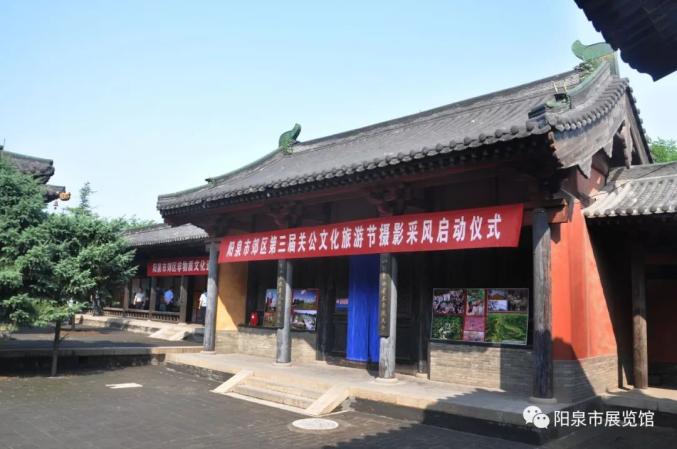
Yangquan Dawang Temple Yuxian.
Despite the temple’s age, it has survived numerous trials, including damage during invasions and natural disasters. Each restoration has sought to preserve its original glory while adapting to contemporary needs. Today, it is not only a site of worship but also a cultural landmark that attracts both pilgrims and tourists alike, offering a glimpse into the spiritual and artistic heritage of the region.
Visitors to Dawang Temple today can explore its picturesque grounds, appreciate its architectural splendor, and immerse themselves in the local folklore that continues to resonate through the tales and traditions passed down through generations. This sacred space continues to be a focal point for the community, reflecting the enduring power of myth and memory in shaping cultural identity in modern China.
Main Highlights: What to See at Yangquan Dawang Temple Yuxian
Nestled in the picturesque surroundings of Yangquan, the Dawang Temple (大王庙) in Yuxian offers a captivating glimpse into the region’s rich cultural and historical tapestry. This site is particularly notable for its well-preserved architecture, which showcases a blend of ancient and medieval design elements.
The temple complex, originally built during the Jin Dynasty, features the main hall constructed in the Ming Dynasty. Spanning a total area of approximately 3,537 square meters, the temple is oriented along a north-south axis, measuring 56.48 meters in length and 62.63 meters in width. Visitors will find a sequence of significant structures, including the ceremonial entrance, the main hall, and the sleeping quarters, all contributing to the temple’s spiritual ambiance.
One of the temple’s standout features is its intricate layout. The entrance is adorned with a traditional wall, leading to a dramatic gateway that also serves as a performance stage. Flanking this gateway are the bell and drum towers, which add to the temple’s majestic presence. The hall exhibits a unique architectural marvel: a beamless structure that showcases advanced construction techniques of its time, allowing for an expansive interior without obstructive columns.
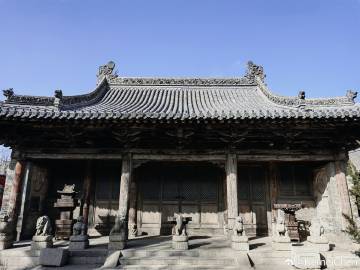
Yangquan Dawang Temple Yuxian.
The temple is not only a site of architectural wonder but also steeped in local lore. It is dedicated to Zhao Wuzhu, a revered figure associated with the popular tale of “The Zhao Orphans.” This historical narrative has made Dawang Temple a focal point for cultural reverence, where locals and visitors alike come to pay their respects and seek blessings.
While visiting, take time to explore the beautiful surrounding landscape, which is characterized by lush greenery and serene mountain views. The temple is a perfect spot for those looking to escape the hustle and bustle of urban life, offering a tranquil environment for reflection and exploration.
In addition to its historical significance, Dawang Temple also serves as a cultural hub, frequently hosting traditional performances and community events that celebrate local customs and the enduring legacy of the Zhao family.
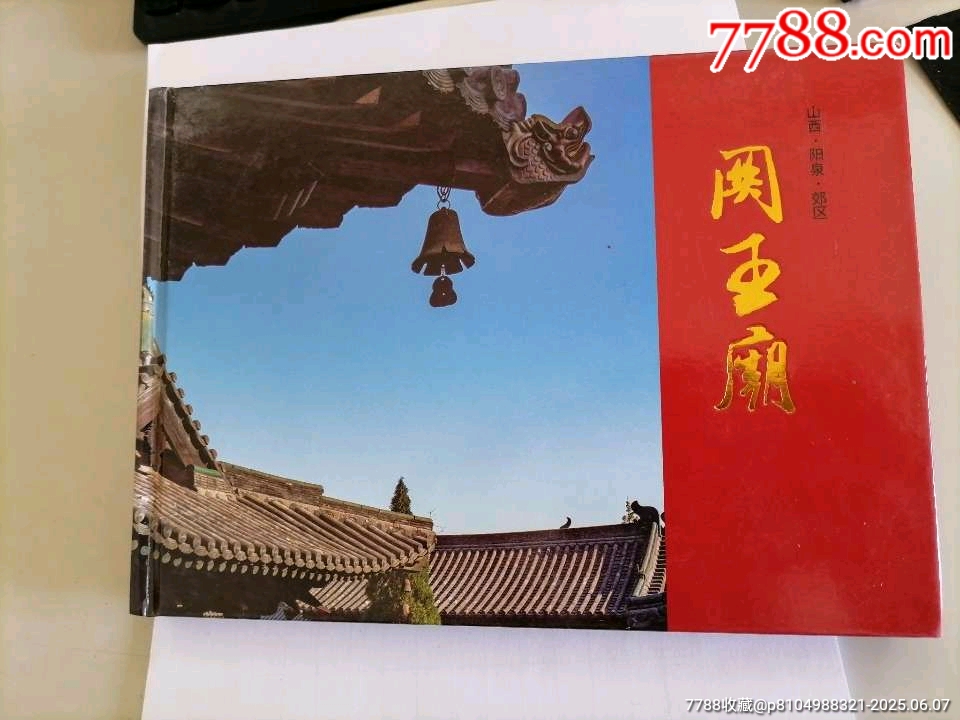
Yangquan Dawang Temple Yuxian.
For those planning a visit, the temple is easily accessible from Yangquan city. It offers free entry, making it an inviting destination for families and history enthusiasts. Be sure to check operating hours in advance, as they may vary based on local festivals or maintenance activities.
In summary, Dawang Temple is a must-visit for anyone traveling to the region, providing a rich tapestry of history, culture, and breathtaking architecture that embodies the spirit of Yuxian.
Planning Your Visit: A Practical Guide
Practical Guide to Dawang Temple, Yuxian
Visiting Dawang Temple (大王庙) in Yuxian County, located in the picturesque Yangquan region of Shanxi Province, promises an enriching blend of history, culture, and stunning architecture. Here’s everything you need to know for a smooth and enjoyable visit.
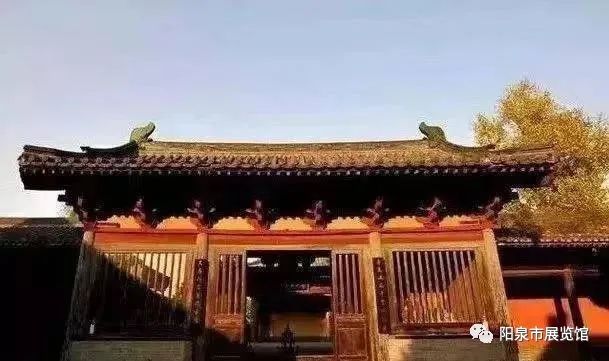
Yangquan Dawang Temple Yuxian.
Location and Access
Dawang Temple is situated in Beiguan Village, Xiushui Town, Yuxian County, Yangquan City. To reach the temple, visitors can opt for self-driving or public transportation. If driving from Taiyuan, take the S314 road, which leads directly to Yuxian. Public buses are also available from Yangquan, making it accessible for those relying on public transport.
Admission Information
As of the latest updates, Dawang Temple does not charge an entrance fee, making it an affordable destination for travelers. However, it’s always wise to check for any potential changes in ticketing or special events that may require a fee.
Opening Hours
The temple’s operating hours may vary, so it’s essential to contact the site in advance for the most accurate information. Generally, it is advisable to visit during daylight hours to fully appreciate the intricate details of the architecture and the surrounding natural beauty.
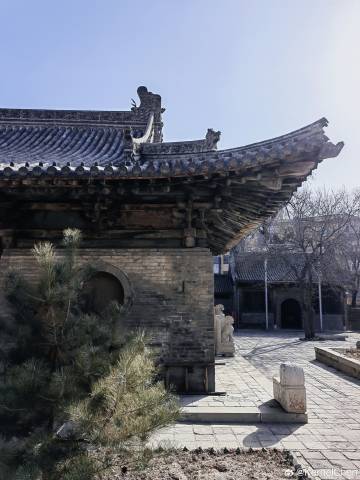
Yangquan Dawang Temple Yuxian.
Best Time to Visit
The ideal time to explore Dawang Temple is from May to October, when the weather is pleasant and conducive for outdoor activities. Visiting during autumn can provide a particularly stunning backdrop as the foliage changes, adding vibrant colors to the landscape.
What to Expect
Dawang Temple is renowned for its historical significance and well-preserved structures. The temple complex features a blend of architectural styles from different dynasties, with the main hall dating from the Ming dynasty and elements from the Jin dynasty still intact. The layout includes a main hall, a sleeping palace, and various auxiliary buildings such as the bell and drum towers. The intricate carvings and murals are a highlight, offering insights into the region’s cultural heritage.
Visitors can also enjoy peaceful surroundings for reflection or to simply absorb the historical ambiance. Photography enthusiasts will find numerous picturesque spots within the temple grounds, especially with the backdrop of the surrounding mountains.
What to Bring
- Comfortable Footwear: The temple grounds may have uneven surfaces, so sturdy walking shoes are recommended.
- Camera: To capture the beautiful architecture and serene landscapes.
- Water and Snacks: While there may be local vendors nearby, having your own refreshments can enhance your experience.
- Sun Protection: Depending on the season, bring sunscreen, a hat, or sunglasses to shield against the sun.
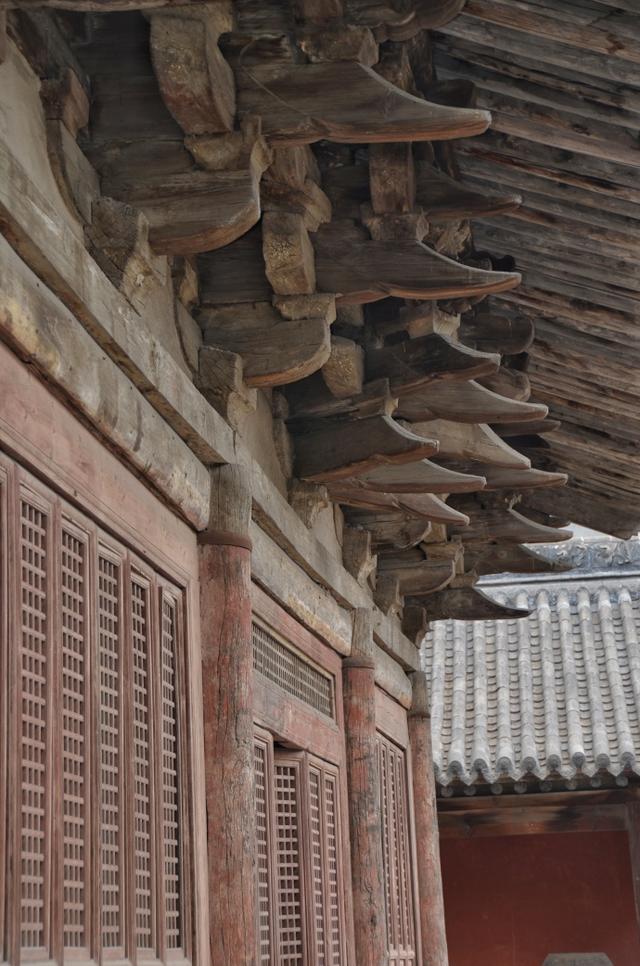
Yangquan Dawang Temple Yuxian.
Nearby Attractions
While in the Yangquan area, consider extending your visit to nearby attractions:
– Cang Mountain: Known for its hiking trails and natural beauty.
– Niazi Pass: A historical site with stunning views and rich history.
– Local Cuisine: Explore local dining options, such as the famous Yuxian dishes, which can be found in nearby towns.
Cultural Etiquette
When visiting religious sites like Dawang Temple, it’s important to observe local customs:
– Dress Modestly: Cover shoulders and knees as a sign of respect.
– Quiet Respect: Maintain a respectful silence, especially in prayer areas.
– Photography: Always check if photography is allowed, especially in areas with religious significance.
Conclusion
Dawang Temple in Yuxian is not just a destination for history buffs but a serene escape for anyone looking to appreciate traditional Chinese architecture and rich cultural heritage. With no entrance fee and stunning surroundings, it’s a must-visit spot in Shanxi Province. Prepare accordingly, and enjoy the tranquil atmosphere this historical site has to offer!
Tickets, Hours, and Booking
Visiting Dawang Temple in Yuxian offers a glimpse into the rich history and culture of Shanxi Province. When planning your trip, it’s essential to be aware of the ticketing details to ensure a smooth experience.
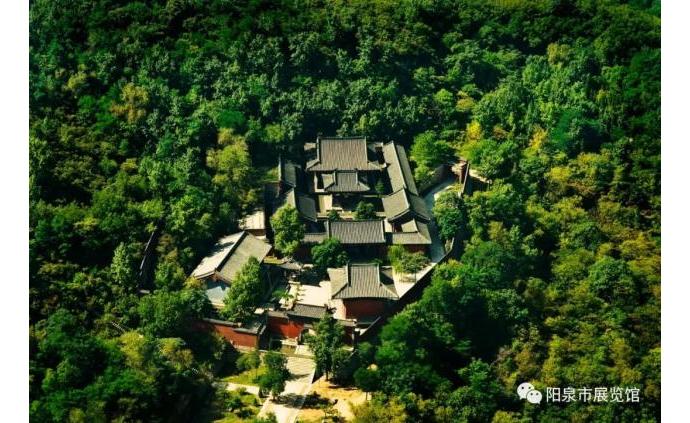
Yangquan Dawang Temple Yuxian.
Entrance Fees
As of the latest updates, there is no entrance fee required to visit Dawang Temple. This makes it an excellent option for travelers looking to explore historical sites without the additional cost. However, it’s advisable to check for any potential changes in policy or special events that might affect accessibility.
Visiting Hours
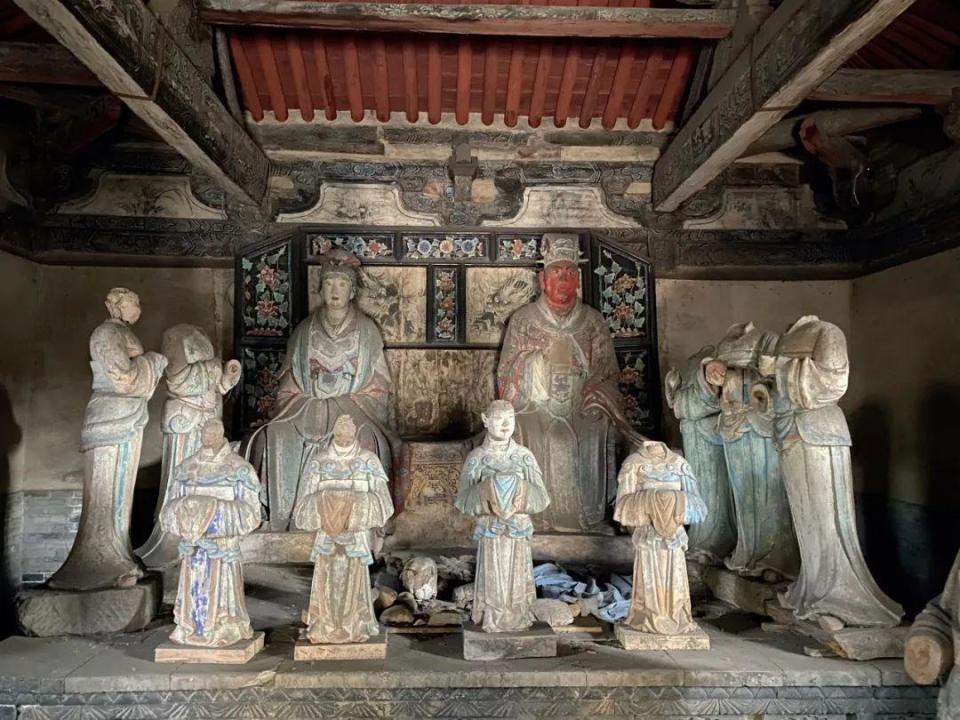
Yangquan Dawang Temple Yuxian.
The temple’s opening hours can vary, so it’s best to contact the site directly or check local resources before your visit. Generally, Dawang Temple welcomes visitors throughout the day, but specific times may change based on seasonal adjustments or special occasions.
Reservations
While reservations are not typically required at Dawang Temple due to the absence of an entrance fee, it’s a good idea to contact local tourism offices or the temple administration if you plan to visit during peak travel seasons or if you are part of a larger group. This can help you avoid any unexpected closures or restrictions.
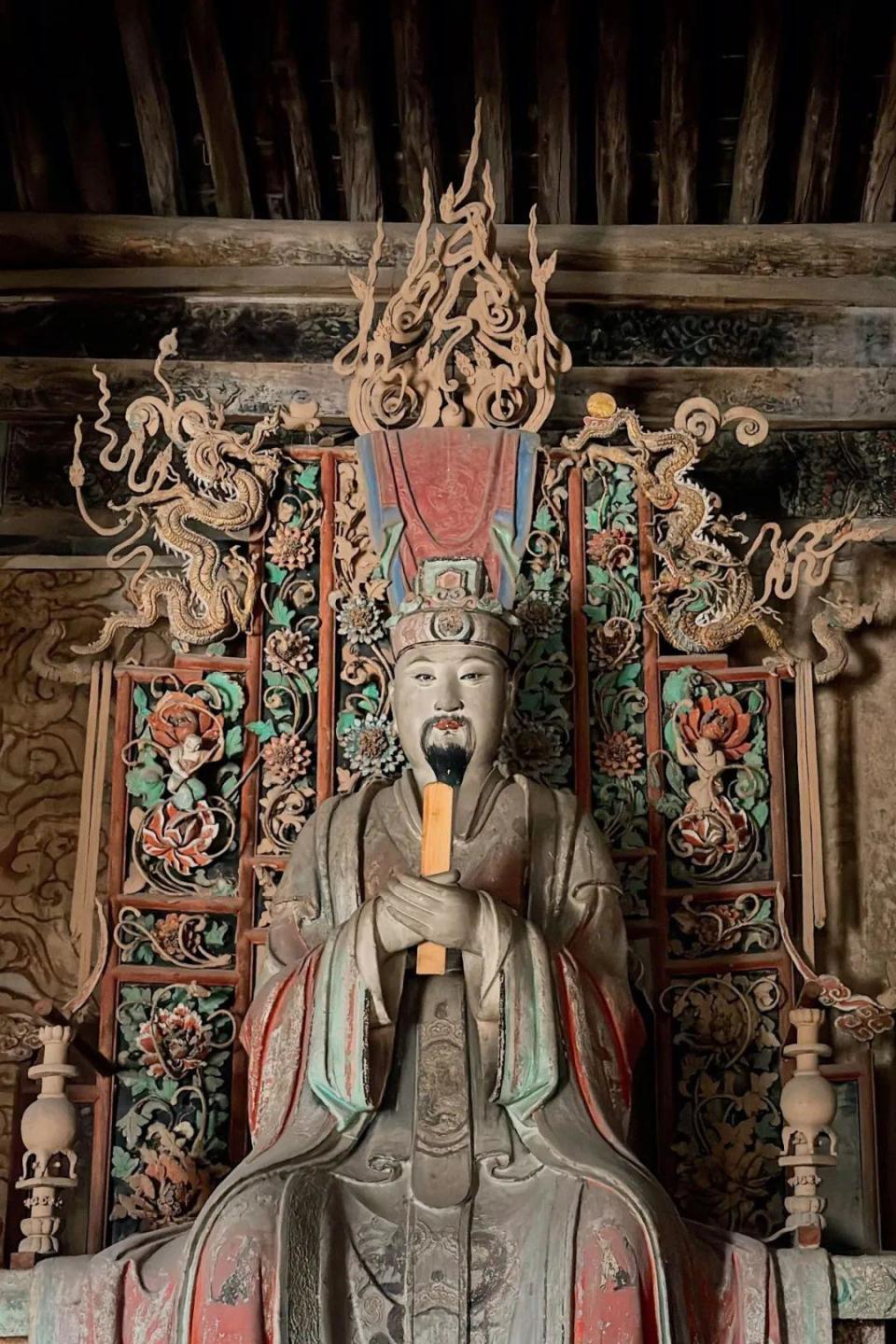
Yangquan Dawang Temple Yuxian.
Getting There
Dawang Temple is located in Beiguan Village, Xiushui Town, Yuxian County, Yangquan City, Shanxi Province. It’s accessible by road, making it convenient for both self-driving travelers and those relying on public transportation.
In conclusion, visiting Dawang Temple is a cost-effective way to immerse yourself in the local history and architecture of Shanxi. With no entrance fee and flexible visiting hours, it’s a welcoming destination for all travelers.
How to Get There
Getting to Yangquan Dawang Temple in Yuxian (大王庙) can be a straightforward and enjoyable experience, as the area is well-connected via various modes of transportation, catering to both local and international visitors.
By Air
For those traveling from international destinations, the nearest major airport is Taiyuan Wusu International Airport (太原武宿国际机场), located approximately 60 kilometers (37 miles) from Yangquan. From the airport, you can hire a taxi or use ride-sharing services to reach Yangquan city. The journey typically takes about 1-1.5 hours, depending on traffic conditions.

Yangquan Dawang Temple Yuxian.
By Train
Yangquan is accessible by train, with Yangquan Railway Station (阳泉站) serving as the main hub. High-speed trains connect Yangquan to major cities like Beijing, Shanghai, and Xi’an. Once you arrive at Yangquan Railway Station, you can take a taxi or a local bus to reach Dawang Temple, which is situated about 20 kilometers (12 miles) away in the Yuxian area.
By Bus
Long-distance buses are another convenient option for reaching Yangquan. Buses regularly depart from various cities, including Taiyuan and neighboring towns. The Yangquan Long-Distance Bus Station (阳泉客运站) offers several routes. After arriving at the bus station, you can continue your journey to Dawang Temple by taxi or local minibus services.
By Car
If you prefer to drive, renting a car provides the flexibility to explore the scenic surroundings at your own pace. From Taiyuan, take the G55 (Huanghe Expressway) and then connect to the S314 provincial road, which will lead you directly to Yuxian and the temple. The drive typically takes around 1-1.5 hours, depending on traffic.
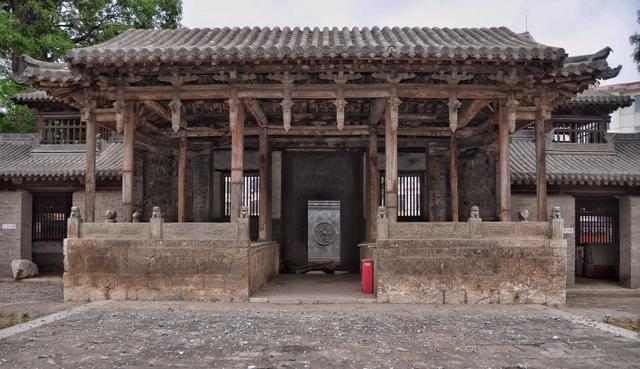
Yangquan Dawang Temple Yuxian.
Local Transportation
Within Yangquan and Yuxian, local taxis are widely available, and ride-hailing apps are operational for added convenience. If you are planning to visit multiple attractions in the area, consider hiring a local guide or driver for the day, which can enhance your experience and ensure you reach all the must-see sites without hassle.
Tips for Travelers
- Language: While some locals may speak basic English, it’s advisable to have your destination written in Chinese characters to show taxi drivers or locals.
- Cash: Carry some cash, as not all transportation services may accept credit cards or mobile payments.
- Timing: Be mindful of local traffic patterns, especially during peak hours, to ensure timely arrivals at your destinations.
With a variety of transportation options, reaching Yangquan Dawang Temple is both convenient and accessible, allowing you to fully immerse yourself in the rich culture and stunning landscapes of the region.
Local Cuisine and Accommodation
When exploring the rich cultural and historical landscape around Yangquan Dawang Temple in Yuxian, the culinary experiences and accommodation options available in the region are equally inviting. Here’s a guide to some of the best places to eat and stay while you immerse yourself in this captivating area.
Culinary Delights
Local Specialties
-
Yangquan Over-Oil Meat (阳泉过油肉)
A must-try local dish, this delicacy features tender slices of pork pan-fried to golden perfection and served with a tangy dipping sauce. Popular spots to savor this dish include the Laodong Restaurant in the heart of Yangquan city. -
Steamed Oatmeal Noodles (莜面)
Known for their unique texture, these noodles are made from buckwheat flour and often served with a rich sauce or lamb stew. Head to Yuxian Noodle House for an authentic experience. -
Pickled Cabbage with Black Beans (酸菜黑豆面)
This nutritious dish is a staple in the area, featuring noodles tossed with sautéed pickled cabbage and black beans, delivering a punch of flavor. Visit Minjun Restaurant for a hearty serving. -
Flower Pepper and Walnut Cake (花椒核桃饼)
A sweet treat that embodies local flavors, these cakes combine the nuttiness of walnuts with the floral notes of Sichuan pepper. You can find these at the Taixing Pastry Shop.
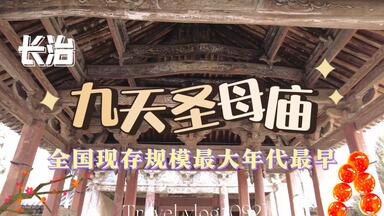
Yangquan Dawang Temple Yuxian.
Snacks and Street Food
- Jiaozi (Dumplings): Head to Jiaozi Street in Yuxian for a variety of dumplings, from meat-filled to vegetarian options, perfect for a quick bite.
- Grilled Fish Skewers (烤鱼串): These flavorful skewers are a popular street food and can be found at various vendors around Yangquan, offering a delicious and casual dining experience.
Accommodation Options
Hotels
-
Yangquan City International Hotel (阳泉平定金源国际酒店)
Located about 41 km from Dawang Temple, this upscale hotel features modern amenities, a restaurant, and comfortable rooms, making it perfect for travelers looking for convenience and comfort. -
Sheng Tai Hotel (盛泰酒店)
Situated closer to the temple area, this hotel provides a cozy atmosphere and is an excellent choice for those wanting to explore the region’s attractions. With well-furnished rooms and a friendly staff, it’s a practical option for budget-conscious travelers. -
Dawang Temple Scenic Area Guesthouse (大王庙景区民宿)
For a more immersive experience, consider staying in a local guesthouse near the temple. These accommodations often provide a glimpse into local life and culture, along with homemade meals.
Tips for Booking
- Advance Reservations: It’s advisable to book your accommodations in advance, especially during peak travel seasons (spring and autumn).
- Local Experience: Look for guesthouses that offer meal services, allowing you to enjoy home-cooked local dishes.
- Location Matters: Choose a place that minimizes travel time to the temple and other nearby attractions to maximize your exploration.
Whether you’re savoring the flavors of Yangquan or resting at a comfortable hotel, the food and accommodation options available near Dawang Temple promise to enhance your travel experience in this beautiful region of China.
Frequently Asked Questions
-
What are the opening hours for Yangquan Dawang Temple?
The specific opening hours for Dawang Temple can vary, so it is advisable to contact the temple directly for the most accurate information before planning your visit. -
Is there an entrance fee to visit Dawang Temple?
Currently, there is no entrance fee for visiting Dawang Temple, making it an accessible destination for all travelers. -
How do I get to Dawang Temple?
Dawang Temple is located in Yuxian County, Yangquan City, within Shanxi Province. It is accessible by car or public transport from nearby cities like Taiyuan and Yangquan. For detailed routes, consider using a navigation app. -
What are the main attractions within Dawang Temple?
The temple features historical architecture, including the main hall dating back to the Ming Dynasty, beautifully preserved murals, and a unique structural design that showcases traditional Chinese building techniques. -
Can I take photographs inside the temple?
Photography is generally allowed in Dawang Temple, but it is recommended to be respectful and check for any specific restrictions, especially in areas with religious significance. -
Are there any local dining options near Dawang Temple?
Yes, there are several local restaurants and eateries near the temple where visitors can enjoy authentic Shanxi cuisine. Popular dishes include Yangquan’s famous “over-oil meat” and various noodle dishes. -
What is the best time of year to visit Dawang Temple?
The best time to visit is during spring (April to June) and autumn (September to November) when the weather is mild and pleasant for outdoor exploration. -
Are there any facilities available for visitors at the temple?
Dawang Temple has basic visitor facilities, including restrooms. However, it’s recommended to come prepared, as amenities may be limited compared to more commercial tourist attractions.
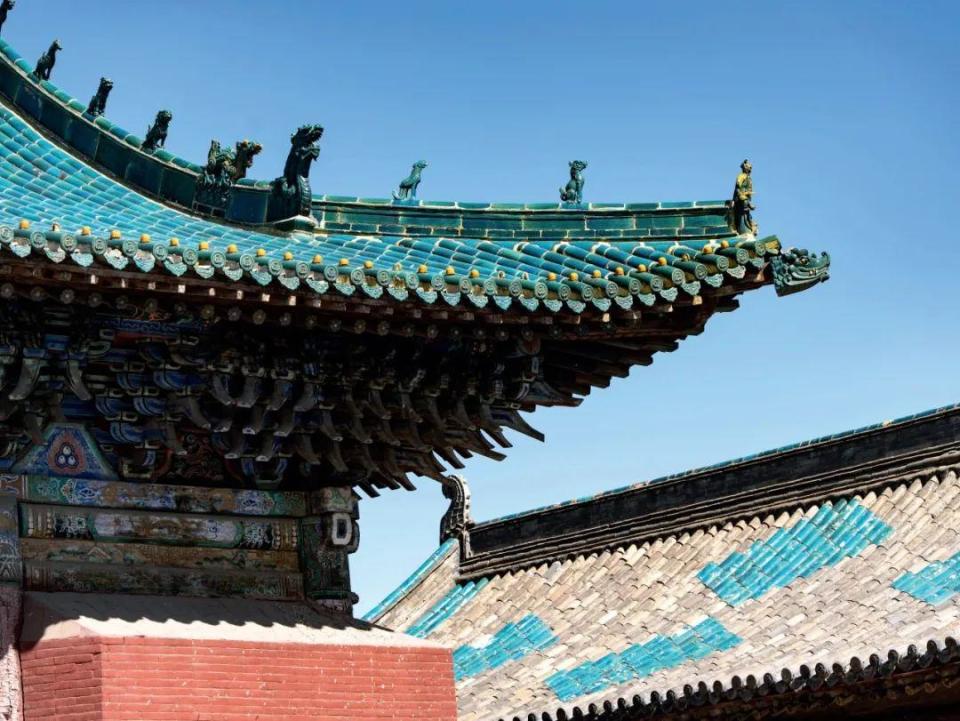
Yangquan Dawang Temple Yuxian.
Final Thoughts on Your Trip
In conclusion, visiting Yangquan Dawang Temple in Yuxian offers travelers a unique blend of rich history, stunning architecture, and serene landscapes. This ancient temple, steeped in the legends of the Zhao family and their enduring loyalty, serves not only as a place of worship but also as a cultural testament to the region’s heritage.
As you explore the intricate structures and beautifully preserved murals, you’ll find yourself transported back in time, gaining insight into the values and beliefs that shaped this area. The surrounding natural beauty adds to the experience, inviting you to take a moment to reflect and appreciate the harmony between human craftsmanship and the wonders of nature.
Whether you’re a history enthusiast, a spiritual seeker, or simply someone looking to enjoy a peaceful retreat, Dawang Temple promises an unforgettable journey. So pack your bags, immerse yourself in the captivating stories of the past, and let the tranquility of this sacred site rejuvenate your spirit. The allure of Yangquan awaits, beckoning you to uncover its secrets and share in its timeless beauty.


